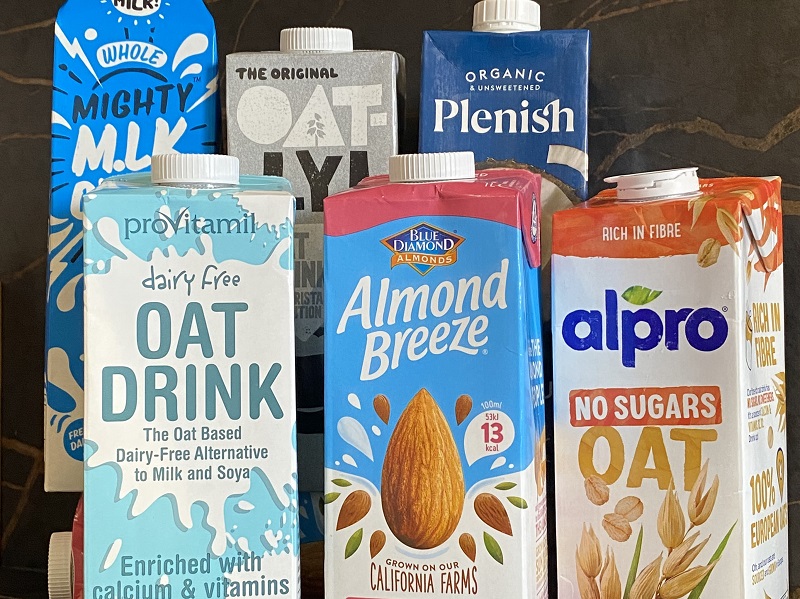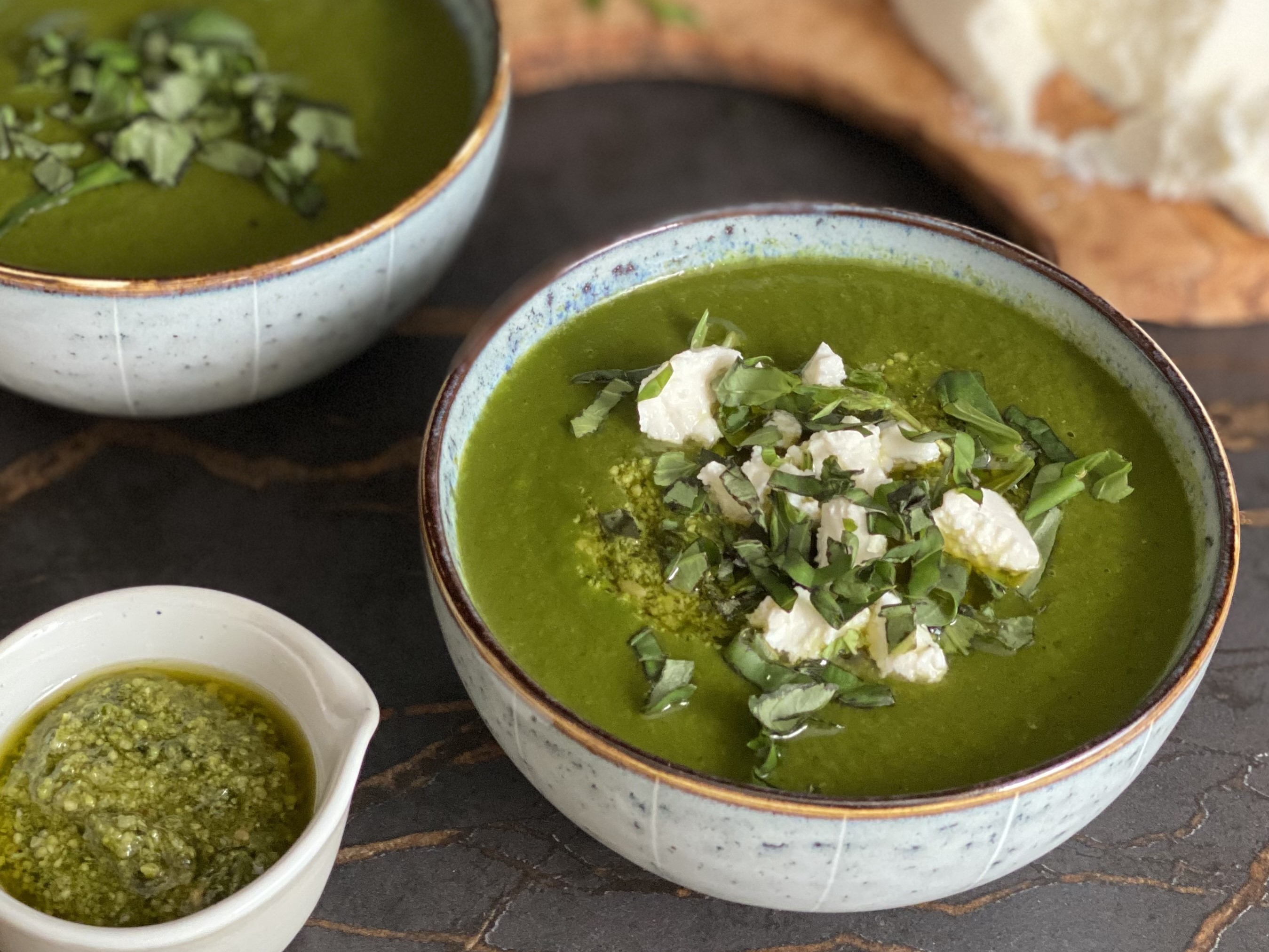This is the question! I’ve been dairy intolerant for as long as I can remember, and have some personal reservations about the dairy industry so the question is answered for me. Nevertheless, dairy products offer many benefits so organic milk and yoghurt are useful additions to your diet if you can tolerate them. Sheep’s milk yoghurt and cheese are now widely available and often much better tolerated so these are great options if you struggle with cow’s milk. I’ve found that I’ve been able to reintroduce feta cheese and sheep’s yoghurt but it has been a slow process over many years. But if you are vegan, can’t tolerate any dairy or hate it then there’s the question of which mylk! Your decision will likely depend on so many things including taste and how it performs in tea or coffee. You may also have specific macro-nutrient requirements such as high protein, low-saturated fat and/or low sugar. Or you may be concerned about your bone health. So I thought I’d share a short pros and cons summary I prepared for my Sugar FREE group – my bias here was on products that will cause the least disruption to blood sugar.
Full-fat Cow’s Milk
High in protein and fat so it will enter bloodstream more slowly. It also contains higher levels of fat-soluble vitamins A & D. However, it is higher in saturated fats and calories.
Semi-skimmed Cow’s Milk
Lower in fat and fat-soluble vitamins compared to whole milk but contains similar amount of protein which will help to reduce blood sugar spikes from the natural milk sugars.
Unsweetened Soya Milk
This contains the highest protein content of all plant milks, just a little less than cow’s milk, but the market is awash with sweetened, highly-processed and GM products. Plus soya allergies are becoming more common and soya contains phytates, which can block the absorption of certain minerals e.g. iodine, zinc, iron, magnesium, copper & chromium.
Unsweetened Oat Milk
Tastes good in most drinks but it contains very little protein. Even unsweetened oat milk contains a lot of carbohydrate, so despite a fat content similar to whole milk, oat milk tends to cause dramatic blood-sugar spikes and is higher in calories that most other plant milks.
Unsweetened Almond Milk
Low fat, low carb and very low in protein, almond milk is white water! However, a positive is that it will have a negligible effect on your blood sugar and so can be a useful option in drinks between meals. Plus many are fortified with a range of vitamins & minerals, including calcium.
Unsweetened Coconut Milk
Coconut milk also contains negligible protein although it contains slightly more carbohydrate than almond milk and contains medium-chain saturated fats, such as lauric acid, which may help with microbial balance. Normally stable when added to hot drinks and often fortified as well.
Barista Mylks
These are designed to be foamed by your barista – of course – but to do this, many have been thickened up! So look out for thickening agents including gums, emulsifiers and acidity regulators. Barista oat milk is high in carbohydrate and whilst it is also a bit higher in fat it does enter the bloodstream quickly.
Other Considerations & Conclusions:
Since I’ve been drinking plant mylks for more than two decades one of my current concerns is the amount of additional ingredients that are added to plant milks to make them more stable in hot drinks and able to foam when steamed. So these days I look for mylks with the shortest list of ingredients!
My Top Three!
- Oatly Barista – In my opinion, it cannot be beaten if you are preparing an oat-milk flat white, but it is a disaster for my blood sugar!
- Rude Health Almond – simple and containing just 4 ingredients, this is my go-to general purpose mylk
- Plenish Cashew Milk – creamy, delicious and just 3 ingredients – water, cashew nuts and salt – I’d buy it all the time if it wasn’t so expensive!







